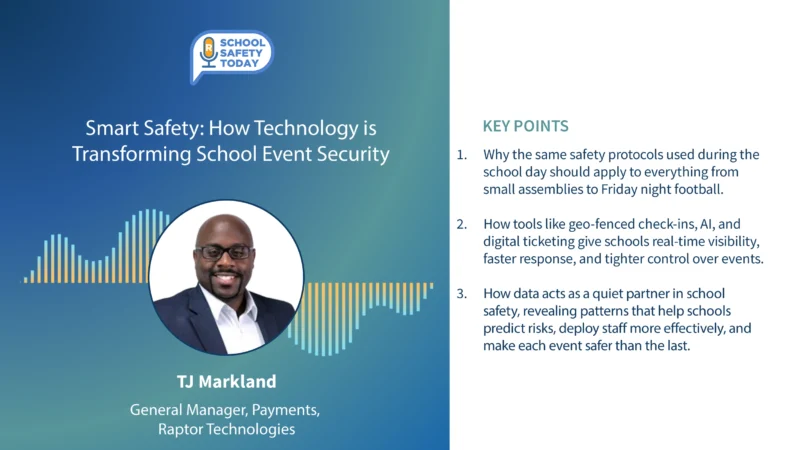Rethinking Sports Education in Schools
Most American colleges and high schools have sports teams. Even secondary schools and primary schools can offer some type of sport programming for their student body. But the culture surrounding sports education has created demanding requirements from parents and students. How are educators tackling the nature of the way sports education works in American schools? What advice do they have for challenging this, while still celebrating the importance of sports in schools?
Discussing this topic on the latest episode of “The Future of Education,” host Michael Horn interviewed Olympic gold medalist and co-founder of Classroom Champions, Steve Mesler, along with co-founder of Bellwether Education Partners, Andy Rotherham. The trio discussed the importance of sports in schools, how they evolved, and creating better opportunities for sports education.
A major area of concern is the dwindling numbers of students participating in school sports. According to EdWeek, there’s been a steady decline, with accessibility and the COVID-19 pandemic also playing a part. Citing an Aspen Project Play study, Mesler said school sports “participation is down from 45 percent in 2008 to 37 percent in 2021.” He added that more and more kids are opting for community-based sports programming rather than schools.
Horn, Mesler, and Rotherham discuss…
● Reasons why sports are needed and beneficial to students
● How the high demands and desires to be great can be counterproductive
● Why it’s necessary to bring sports back to fun rather than only competition
“Over half of the kids that are participating are doing so through their community-based programs, so where are kids coming? … We’re losing them but I think in that turn we can maybe also see the value and what it is that we’re losing, and I think the only way to turn things around is people have to see what we’re losing and see what the problems are.”
Rotherham shares a different viewpoint, stating that schools emphasizing specialized sports may be a reason as to why more students are showing a lack of general interest in school sports. “I worry that we’re actually deemphasizing rec sports in favor of competitive sports,” said Rotherham. “We’re losing that emphasis of sort of sports for fun, sports for rec — kids stop playing when the funnel gets more narrow. So, if they’re not making varsity and on track for that they stop playing.”




